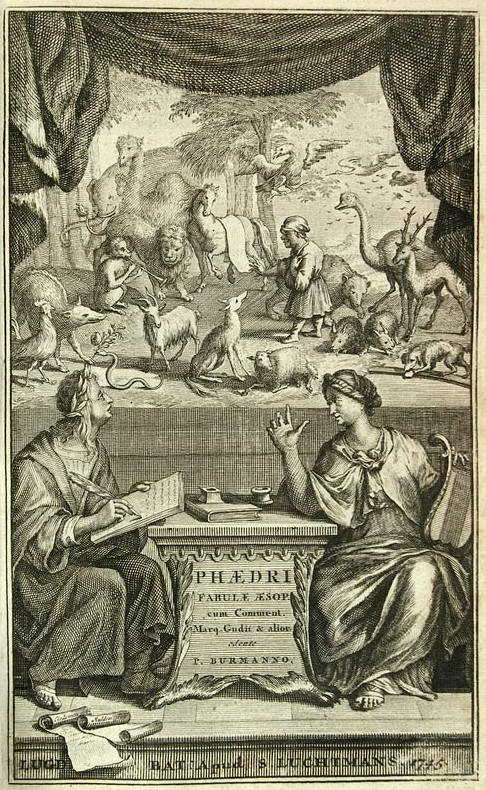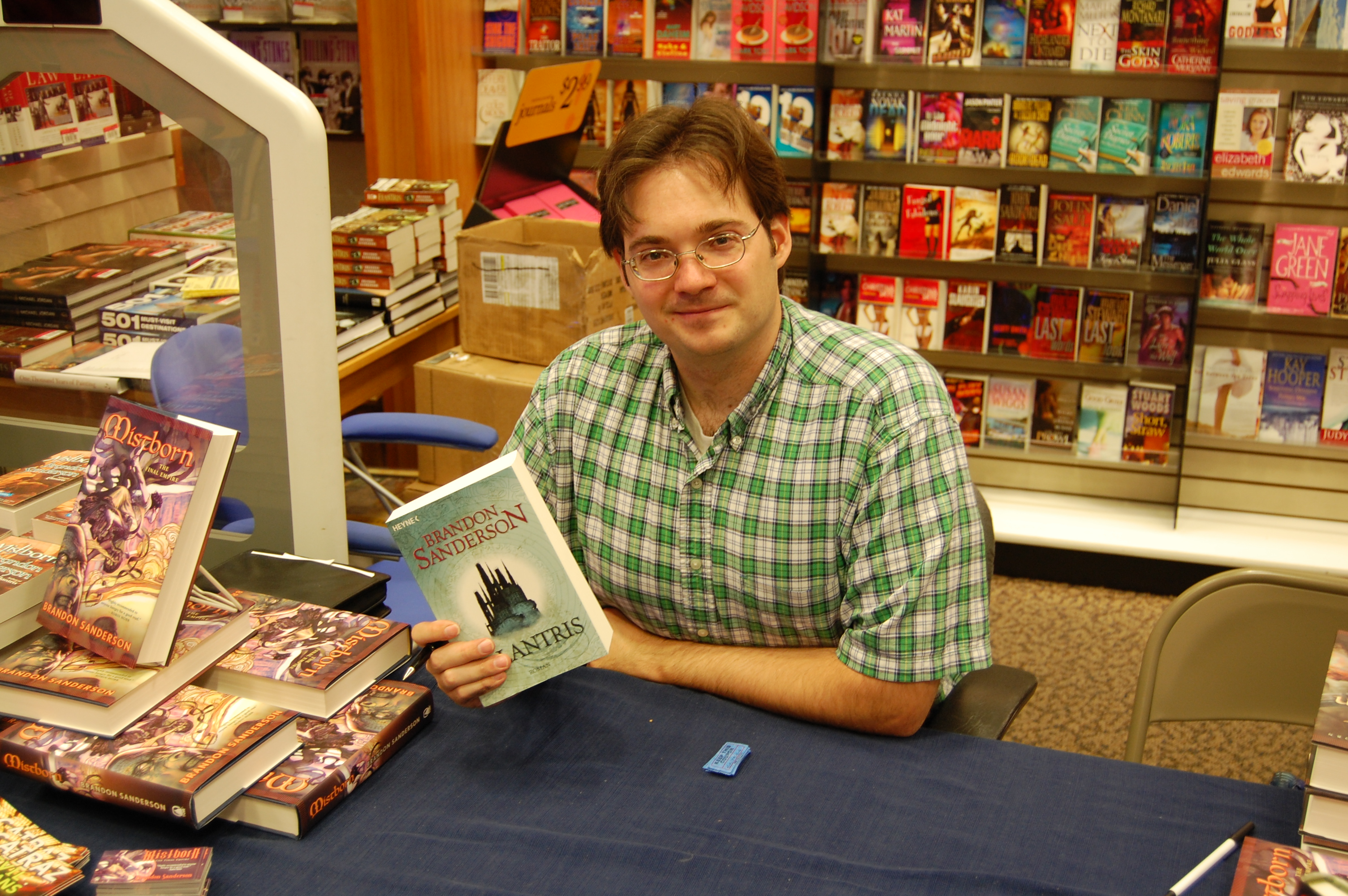|
Phaedrus Of Pharsalus
{{disambig, hndis ...
Phaedrus may refer to: People * Phaedrus (Athenian) (c. 444 BC – 393 BC), an Athenian aristocrat depicted in Plato's dialogues * Phaedrus (fabulist) (c. 15 BC – c. AD 50), a Roman fabulist * Phaedrus the Epicurean (138 BC – c. 70 BC), an Epicurean philosopher Art and literature * ''Phaedrus'' (dialogue), a dialogue of Plato * ''Phaedrus'' (play), a 3rd-century BCE comedic play by Alexis (poet) * Phaedrus, a character in ''Zen and the Art of Motorcycle Maintenance'' * A work by Cy Twombly * Phaedrus, Johnathan, a character in the Reckoners novels by Brandon Sanderson. See also * Phaedra (other) Phaedra may refer to: Mythology * Phaedra (mythology), Cretan princess, daughter of Minos and Pasiphaë, wife of Theseus Arts and entertainment * ''Phaedra'' (Alexandre Cabanel), an 1880 painting Film * ''Phaedra'' (film), a 1962 film by ... [...More Info...] [...Related Items...] OR: [Wikipedia] [Google] [Baidu] |
Phaedrus (Athenian)
Phaedrus (), son of Pythocles, of the Myrrhinus deme (Greek: Φαῖδρος Πυθοκλέους Μυῤῥινούσιος, ''Phaĩdros Puthokléous Murrhinoúsios''; c. 444 – 393 BC), was an ancient Athenian aristocrat associated with the inner-circle of the philosopher Socrates. He was indicted in the profanation of the Eleusinian Mysteries in 415 during the Peloponnesian War, causing him to flee Athens. He is best remembered for his depiction in the dialogues of Plato. His philosophically erotic role in his eponymous dialogue and the ''Symposium'' inspired later authors, from the ancient comedic playwright Alexis to contemporary philosophers like Robert M. Pirsig and Martha Nussbaum.Martha Nussbaum, ''The Fragility of Goodness'', Cambridge: Cambridge University Press, 2001; pp. 200–224 Life Phaedrus, whose name translates to "bright" or "radiant" in particular how one might show light on something, "to reveal" at its earliest etymology,John Sallis, ''Being and Logo ... [...More Info...] [...Related Items...] OR: [Wikipedia] [Google] [Baidu] |
Phaedrus (fabulist)
Gaius Julius Phaedrus (; grc-gre, Φαῖδρος; Phaîdros) was a 1st-century CE Roman Empire, Roman fabulist and the first versifier of a collection of Aesop's fables into Latin. Few facts are known about him for certain and there was little mention of his work during late antiquity. It was not until the discovery of a few imperfect manuscripts during and following the Renaissance that his importance emerged, both as an author and in the transmission of the fables. Biography A recent statement of the few facts that past scholars have tried to deduce from autobiographical hints given by Phaedrus in his poems has summarised them as follows: He was born in Macedonia, probably in Pydna, about 15 BCE, came to Rome as a slave and was freed by Augustus. He probably had some teaching function between then and the time of Tiberius, under whom the first book of his poems appeared. Envious competitors interpreted the morals of some fables as being critical of the regime and he was trie ... [...More Info...] [...Related Items...] OR: [Wikipedia] [Google] [Baidu] |
Phaedrus The Epicurean
Phaedrus (; grc-gre, Φαῖδρος; 138 – 70/69 BC) was an Epicurean philosopher. He was the head (''scholarch'') of the Epicurean school in Athens after the death of Zeno of Sidon around 75 BC, until his own death in 70 or 69 BC. He was a contemporary of Cicero, who became acquainted with him in his youth at Rome. During his residence in Athens (80 BC) Cicero renewed his acquaintance with him. Phaedrus was at that time an old man, and was already a leading figure of the Epicurean school. He was also on terms of friendship with Velleius, whom Cicero introduces as the defender of the Epicurean tenets in the ''De Natura Deorum ''De Natura Deorum'' (''On the Nature of the Gods'') is a philosophical dialogue by Roman Academic Skeptic philosopher Cicero written in 45 BC. It is laid out in three books that discuss the theological views of the Hellenistic philosophies of ...'', and especially with Atticus. Cicero especially praises his agreeable manners. He had a son named Lysia ... [...More Info...] [...Related Items...] OR: [Wikipedia] [Google] [Baidu] |
Phaedrus (dialogue)
The ''Phaedrus'' (; grc-gre, Φαῖδρος, Phaidros}), written by Plato, is a dialogue between Plato's protagonist, Socrates, and Phaedrus, an interlocutor in several dialogues. The ''Phaedrus'' was presumably composed around 370 BCE, about the same time as Plato's ''Republic'' and ''Symposium''. Although ostensibly about the topic of love, the discussion in the dialogue revolves around the art of rhetoric and how it should be practiced, and dwells on subjects as diverse as metempsychosis (the Greek tradition of reincarnation) and erotic love. One of the dialogue's central passages is the famous Chariot Allegory, which presents the human soul as composed of a charioteer, a good horse tending upward to the divine, and a bad horse tending downward to material embodiment. Setting Socrates runs into Phaedrus on the outskirts of Athens. Phaedrus has just come from the home of Epicrates of Athens, where Lysias, son of Cephalus, has given a speech on love. Socrates, stating that ... [...More Info...] [...Related Items...] OR: [Wikipedia] [Google] [Baidu] |
Alexis (poet)
Alexis ( grc-gre, Ἄλεξις; c. 375 – c. 275 BC) was a Greek comic poet of the Middle Comedy period. He was born at Thurii (in present-day Calabria, Italy) in Magna Graecia and taken early to Athens, where he became a citizen, being enrolled in the deme ''Oion'' () and the tribe Leontides. It is thought he lived to the age of 106 and died on the stage while being crowned. According to the ''Suda'', a 10th-century encyclopedia, Alexis was the paternal uncle of the dramatist Menander and wrote 245 comedies, of which only fragments now survive, including some 130 preserved titles. Life He appears to have been rather addicted to the pleasures of the table, according to Athenaeus. He had a son named Stephanus (Στέφανος) who was also a comic poet. He won his first Lenaean victory in the 350s BC, most likely, where he was sixth after Eubulus, and fourth after Antiphanes. While being a Middle Comic poet, Alexis was contemporary with several leading figures of New Comedy, ... [...More Info...] [...Related Items...] OR: [Wikipedia] [Google] [Baidu] |
Zen And The Art Of Motorcycle Maintenance
''Zen and the Art of Motorcycle Maintenance: An Inquiry into Values'' is a book by Robert M. Pirsig first published in 1974. It is a work of fictionalized autobiography and is the first of Pirsig's texts in which he explores his concept of Quality. The title is an apparent play on the title of the 1948 book ''Zen in the Art of Archery'' by Eugen Herrigel. In its introduction, Pirsig explains that, despite its title, "it should in no way be associated with that great body of factual information relating to orthodox Zen Buddhist practice. It's not very factual on motorcycles, either." Pirsig received 121 rejections before an editor finally accepted the book for publication—and he did so thinking it would never generate a profit. It was subsequently featured on best-seller lists for decades, with initial sales of at least 5 million copies worldwide. Structure The book is a fictionalized autobiography of a 17-day journey that Pirsig made on his Honda CB77 motorcycle from Minn ... [...More Info...] [...Related Items...] OR: [Wikipedia] [Google] [Baidu] |
Cy Twombly
Edwin Parker "Cy" Twombly Jr. (; April 25, 1928July 5, 2011) was an American Painting, painter, Sculpture, sculptor and photographer. He belonged to the generation of Robert Rauschenberg and Jasper Johns. Twombly is said to have influenced younger artists such as Anselm Kiefer, Francesco Clemente, Julian Schnabel and Jean-Michel Basquiat. His best-known works are typically large-scale, freely-scribbled, Calligraphy, calligraphic and graffiti, graffiti-like works on solid fields of mostly gray, tan, or off-white colors. His later paintings and works on paper shifted toward "romantic symbolism", and their titles can be interpreted visually through shapes and forms and words. Twombly often quoted poets such as Stéphane Mallarmé, Rainer Maria Rilke and John Keats, as well as classical myths and allegories, in his works. Examples of this are his ''Apollo and The Artist'' and a series of eight drawings consisting solely of inscriptions of the word "VIRGIL". Twombly's works are in ... [...More Info...] [...Related Items...] OR: [Wikipedia] [Google] [Baidu] |
Brandon Sanderson
Brandon Winn Sanderson (born December 19, 1975) is an American author of high fantasy and science fiction. He is best known for the Cosmere fictional universe, in which most of his fantasy novels, most notably the ''Mistborn'' series and ''The Stormlight Archive'', are set. Outside of the Cosmere, he has written several young adult and juvenile series including ''The Reckoners'', the '' Skyward'' series, and the ''Alcatraz'' series. He is also known for finishing Robert Jordan's high fantasy series ''The Wheel of Time'' and has created several graphic novel fantasy series including ''White Sand'' and ''Dark One''. He created Sanderson's Laws of Magic and popularized the idea of "hard magic" and "soft magic" systems. In 2008, Sanderson started a podcast with author Dan Wells and cartoonist Howard Tayler called ''Writing Excuses'', involving topics about creating genre writing and webcomics. In 2016, the American media company DMG Entertainment licensed the movie rights to Sa ... [...More Info...] [...Related Items...] OR: [Wikipedia] [Google] [Baidu] |




